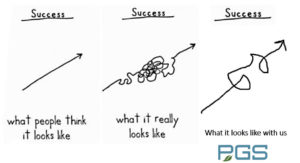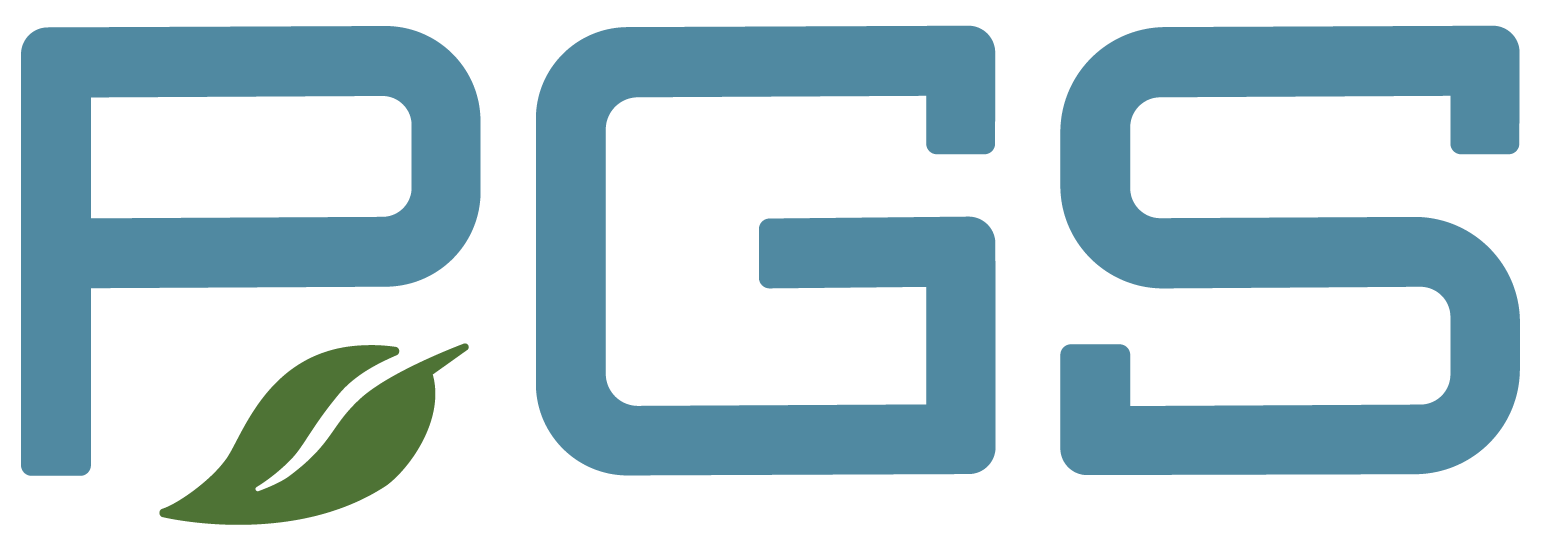Postgraduate Society
The mission of the Boyce Thompson Institute (BTI) Postgraduate Society (PGS) is to promote professional development, foster a sense of community, facilitate communication, and ensure the representation of postdoctoral associates, graduate students, and technicians at BTI.
The PGS carries out its mission by providing opportunities for the BTI community to interact scientifically and socially and by organizing events that specifically contribute to the professional development of young scientists.
PGS Opportunities
Distinguished Lectures
PGS members organize this lecture followed by a happy hour one or two times each year. We invite top-tier scientists from around the world to speak at BTI. This event is open to the entire BTI community as well as anyone interested in the invited speaker’s work.
Annual BTI Science Symposium
The Annual BTI Science Symposium (formerly known as the BTI Retreat) provides the BTI community with an all-day event that includes scientific seminars, a PGS poster session, and opportunities to socialize among attendees. This major event focuses on a specific theme each year and is open to all BTI members: students, postdoctoral researchers, scientific staff and faculty, and all support staff.
PGS-Sponsored Seminars and PGS Fests
PGS Fests cultivate scientific and social interaction while building a sense of community within BTI. Scientific seminars highlight current research by scientists working locally at Cornell and elsewhere in Central New York State, or in the general Northeast region of the United States. A subsequent happy hour provides a casual atmosphere to socialize and discuss scientific research.
Professional Development Series
The PGS serves all postgraduates who work in BTI, including technicians, postdoctoral associates, and graduate students.
Events
Mentorship Program
 The PGS Mentoring Program is for anyone at BTI interested in participating as a mentee. All interested staff and students are invited to take advantage of this opportunity to connect with BTI alumni and expand your professional network.
The PGS Mentoring Program is for anyone at BTI interested in participating as a mentee. All interested staff and students are invited to take advantage of this opportunity to connect with BTI alumni and expand your professional network.
The PGS Mentoring Program matches BTI students and staff mentees with a mentor based on a mentee’s individual career interests and goals. The mentoring program is designed to be flexible and customized to meet the needs of the mentee. Many participants find it useful to meet with their mentors to discuss career pathways, resume building, phone and on-site interview preparation, to gain experience developing a variety of other ‘soft skills,’ and networking opportunities.
Mission
The BTI-PGS Mentoring Program provides career advice and professional development resources for graduate students, postdoctoral associates, and research technicians (“mentees”) interested in diverse scientific careers. The program connects mentees with mentors in their chosen career fields, and will provide resources to foster communication between mentees and mentors as well as the mentees’ primary academic advisors.
Since the first year of this program in 2016, the PGS has connected more than 35 BTI students and staff with alumni working in various sectors such as non-profits, industry, and education.
For more information about the PGS Mentoring Program at BTI, watch the talks from our 2018 Career Symposium, which includes an overview of the program.
2025 PGS Mentoring Program Organizers
We hope you will consider this fantastic resource in your career planning. Please don’t hesitate to email Kathryn (kle54@cornell.edu), Trevor (trt43@cornell.edu), Emily (esm238@cornell.edu), Tara (thm52@cornell.edu), and Anna (ah2247@cornell.edu) if you have questions.
Help us Expand the Mentoring Network
Contact the organizers to nominate a yourself or a colleague working outside of BTI to participate in the program.
Build a Research Profile
Resources to develop your online presence was compiled by Sarah Hind and Natalie Henkhaus.
Why build an online research profile?
- The 30-Day Impact Challenge: The ultimate guide to raising the profile of your research by Stacy Konkiel
- Includes detailed information about how to set up accounts and maximize visibility
- Utrecht University Library, Research Impact and Visibility: Researcher profiles
- Provides basic information about many different sites with a handy comparison table
- Montana State University Library, Researcher Profiles: Home
- Provides basic information about many different sites
What online references will you include in your online research profile?
Consider what each site presents to make your choices.
*bulleted items adapted from Utrecht University Library
- Profile
- Publications list
- Social media links
LinkedIn, Building a Great Student Profile: Provides basic information and suggestions
LinkedIn, How to create a killer LinkedIn profile that will get you noticed by Bernard Marr: Provides additional advice beyond creating a basic profile
Forbes, How to create the ideal LinkedIn profile by Laura Shin: Provides additional advice beyond creating a basic profile
Google Scholar*
- Profile (Basic)
- Publications list
- Publications metrics
- Auto track new papers and citations
SlideShare, The Google Scholar Profile by Sarah Goodier: Tutorial about setting up and using citation features
Research Gate*
- Profile
- Publications list
- Publications linked
- Publications metrics
- Social media Links
- Uploading papers
ResearchGate: Professional network for scientists: Basic information about setting up a profile and utilizing additional site features
University of Twente Library, Research Gate: Information about settings and details regarding uploading journal articles
Forbes, ResearchGate wants to be Facebook for Scientists by Alex Knapp: Part overview, part opinion piece
Researcher ID*
- Profile
- Publications list
- Publications linked
- Publications metrics
- Linked to other sites (ORCID)
University of Queensland Australia Library, Research Output and Impact fact sheets: Why set up a Researcher ID?: Overview about the site and potential benefits of having an account
ORCID*
- Profile
- Publications list
- Publications linked
- Linked to other sites (Researcher ID, Scopus ID)
Impactstory blog, Ten things you need to know about ORCID right now: Overview about the site and potential benefits of having an account
Carnegie Mellon University Libraries, Identifiers: ORCID @ CMU: Great FAQ sectio
Other sites that may be of interest
- Academia.edu: social network, upload/share papers, find publication metrics, upload draft papers, and invite colleagues to leave feedback
- Mendeley: reference manager (can be linked on multiple devices), social network
- An Introduction to Social Media for Scientists
- The role of Twitter in the life cycle of a scientific publication
- The value and use of social media as communication tool in the plant sciences
- The Kardashian index: a measure of discrepant social media profile for scientists. Satirical but interesting.
- Mark Sarvary’s Cornell Integrative Biology Lab
Contact
For questions or more info contact: ?
Subscribe to BTI's LabNotes Newsletter!
Contact:
Boyce Thompson Institute
533 Tower Rd.
Ithaca, NY 14853
607.254.1234
contact@btiscience.org
Copyright © 2023 | Boyce Thompson Institute | All rights reserved | Privacy Policy | Cookie Policy



